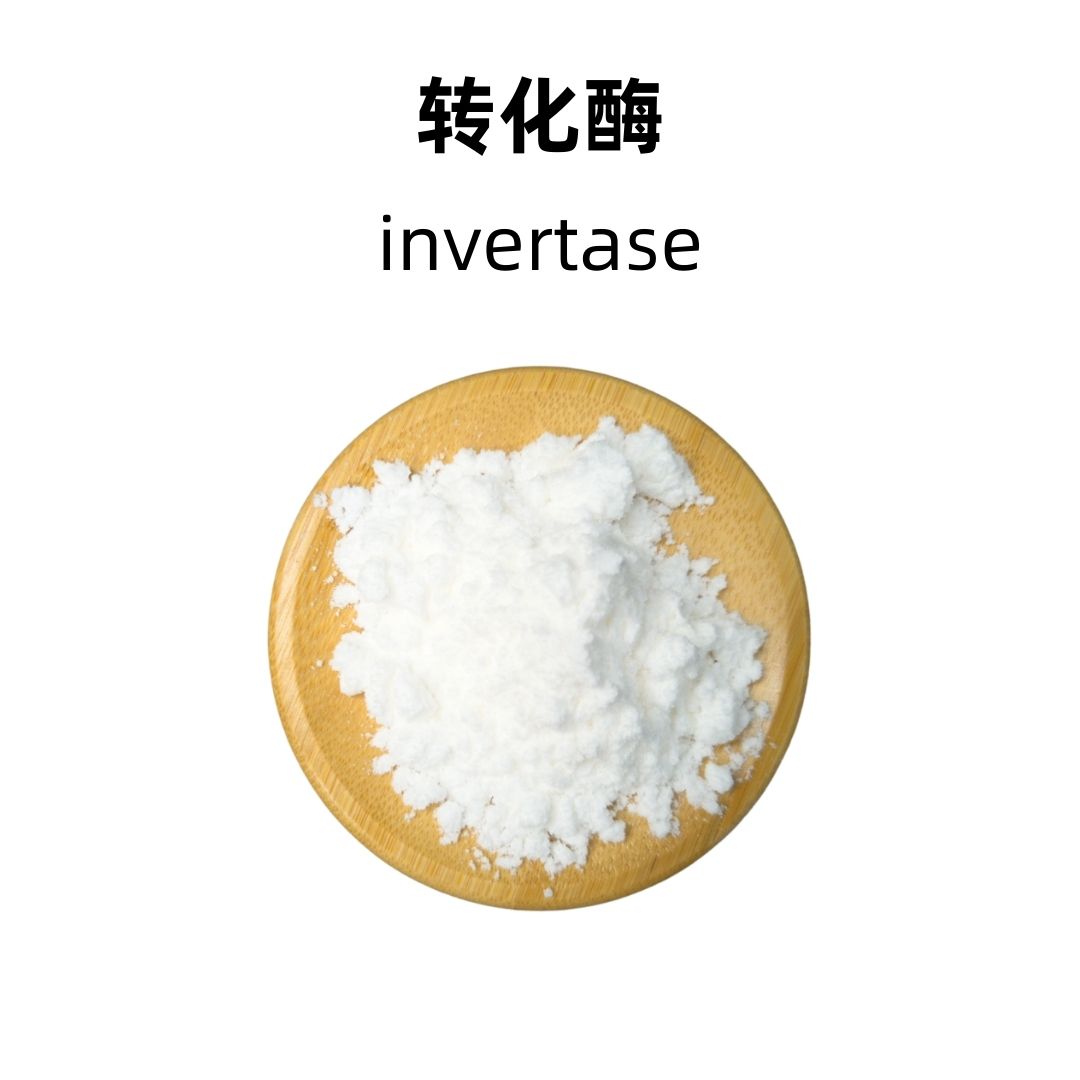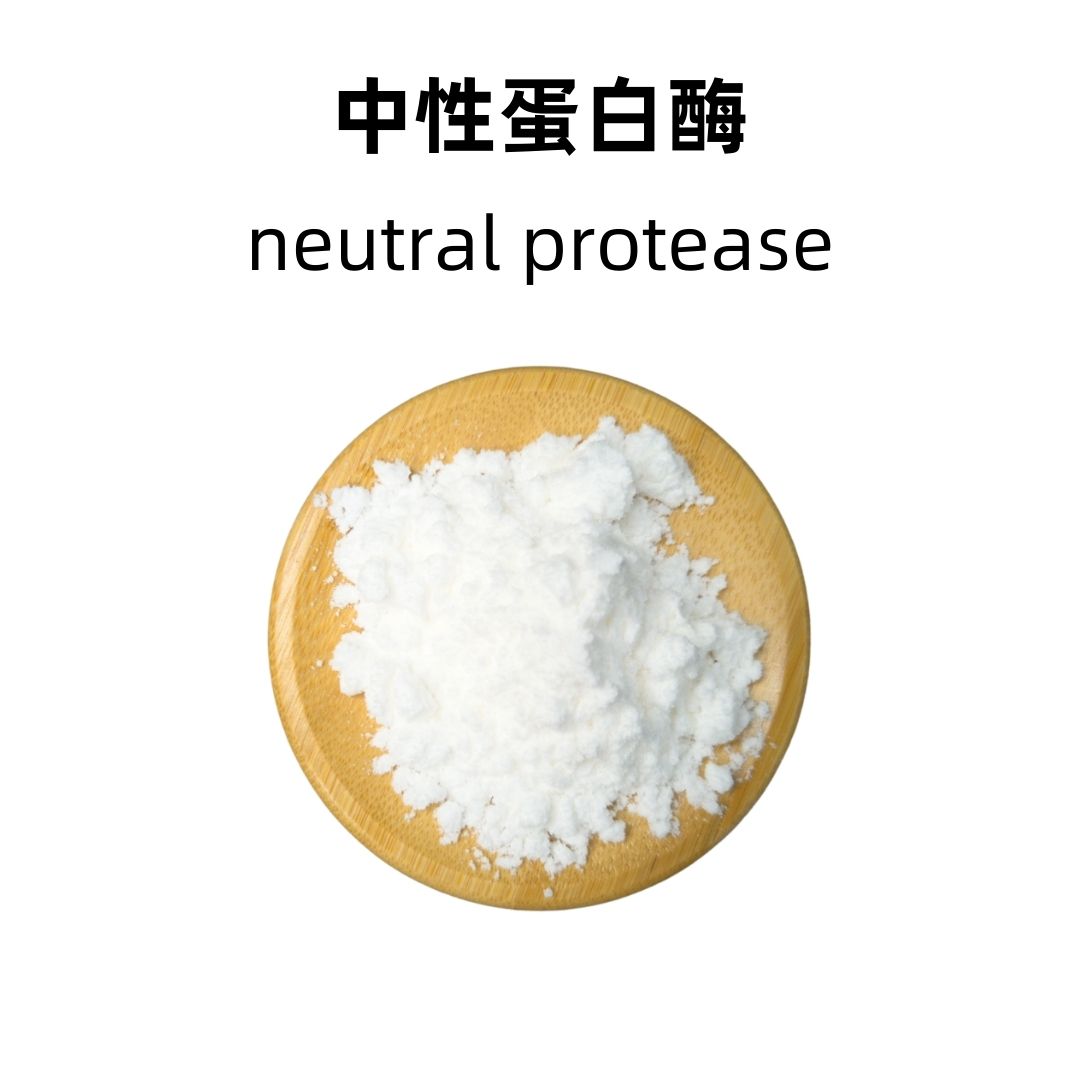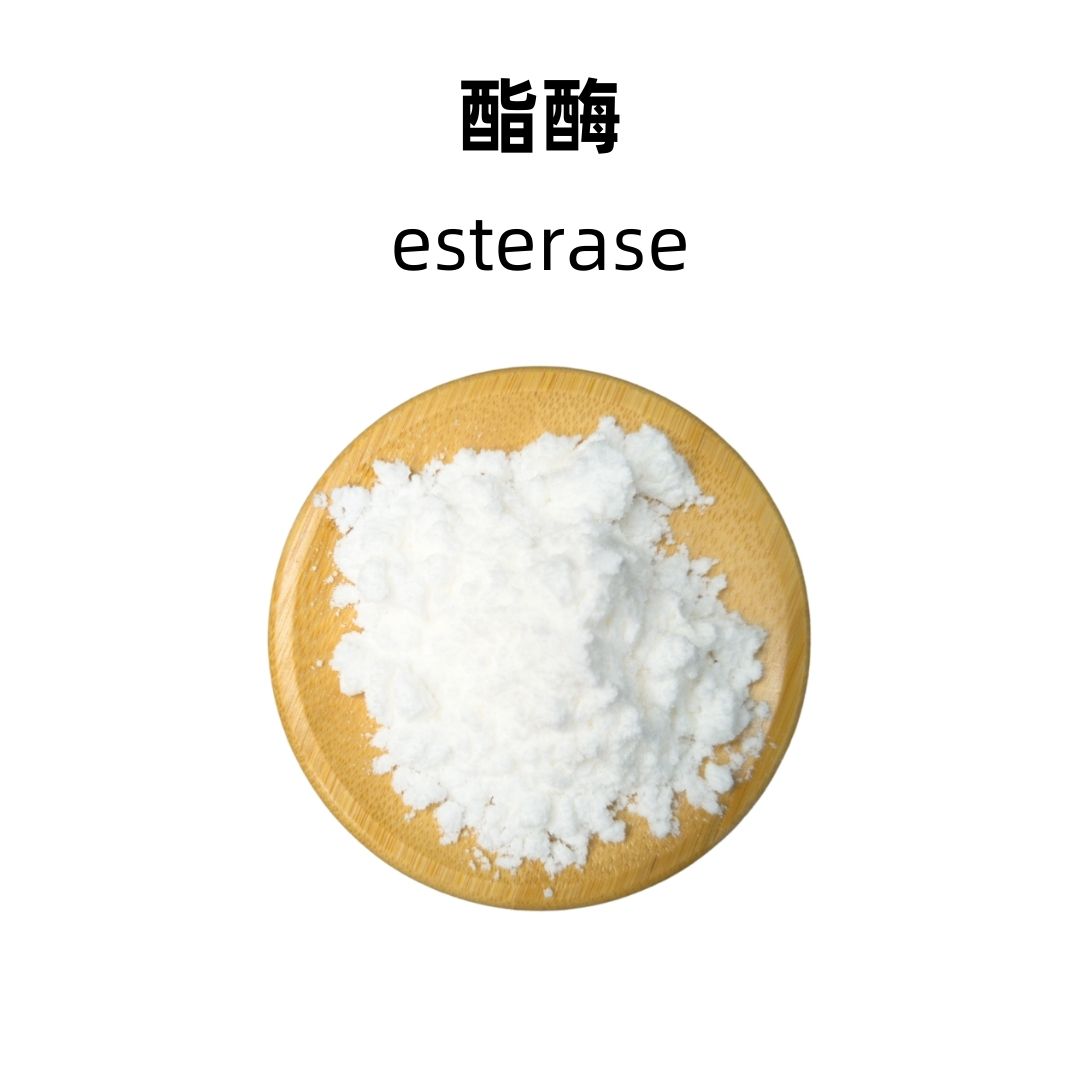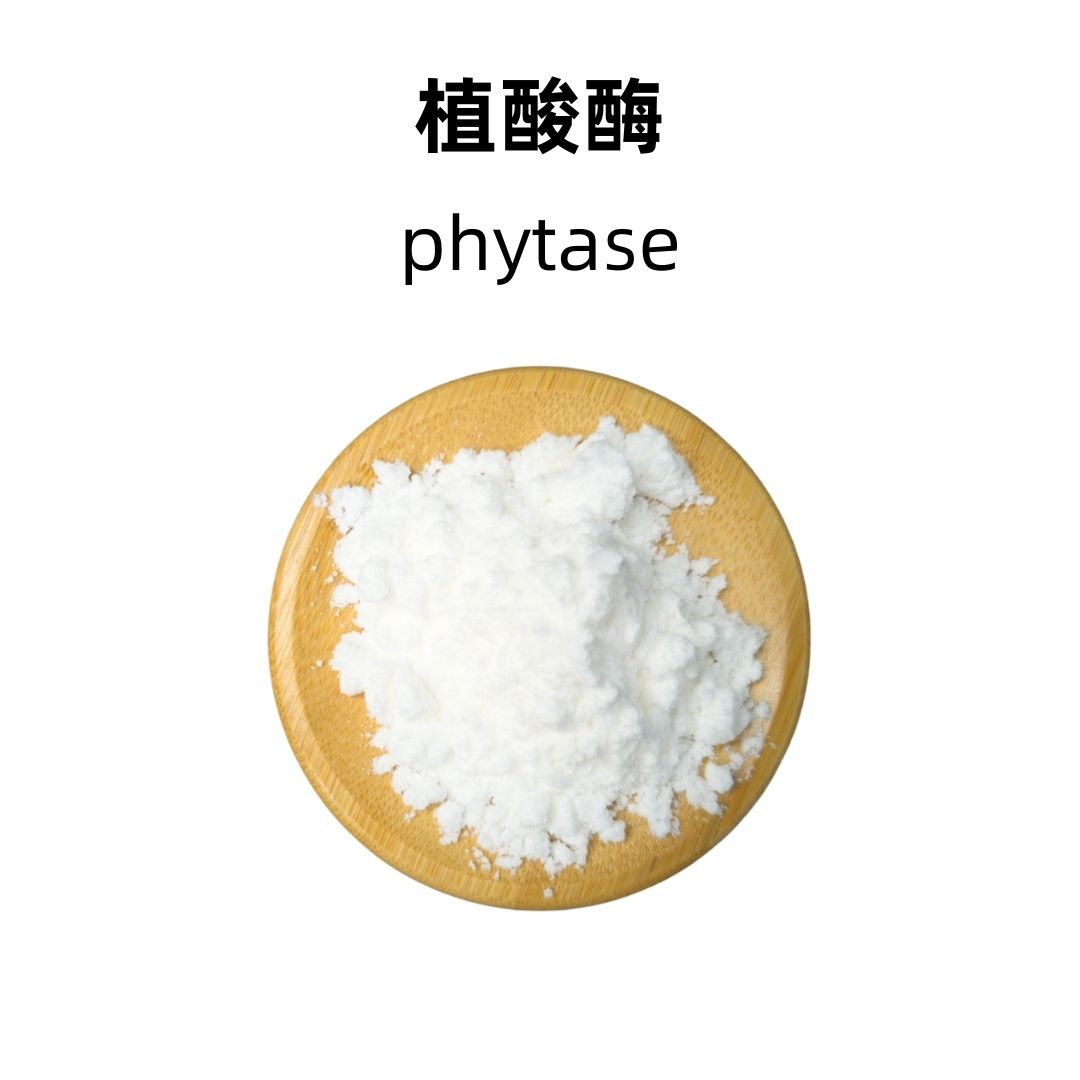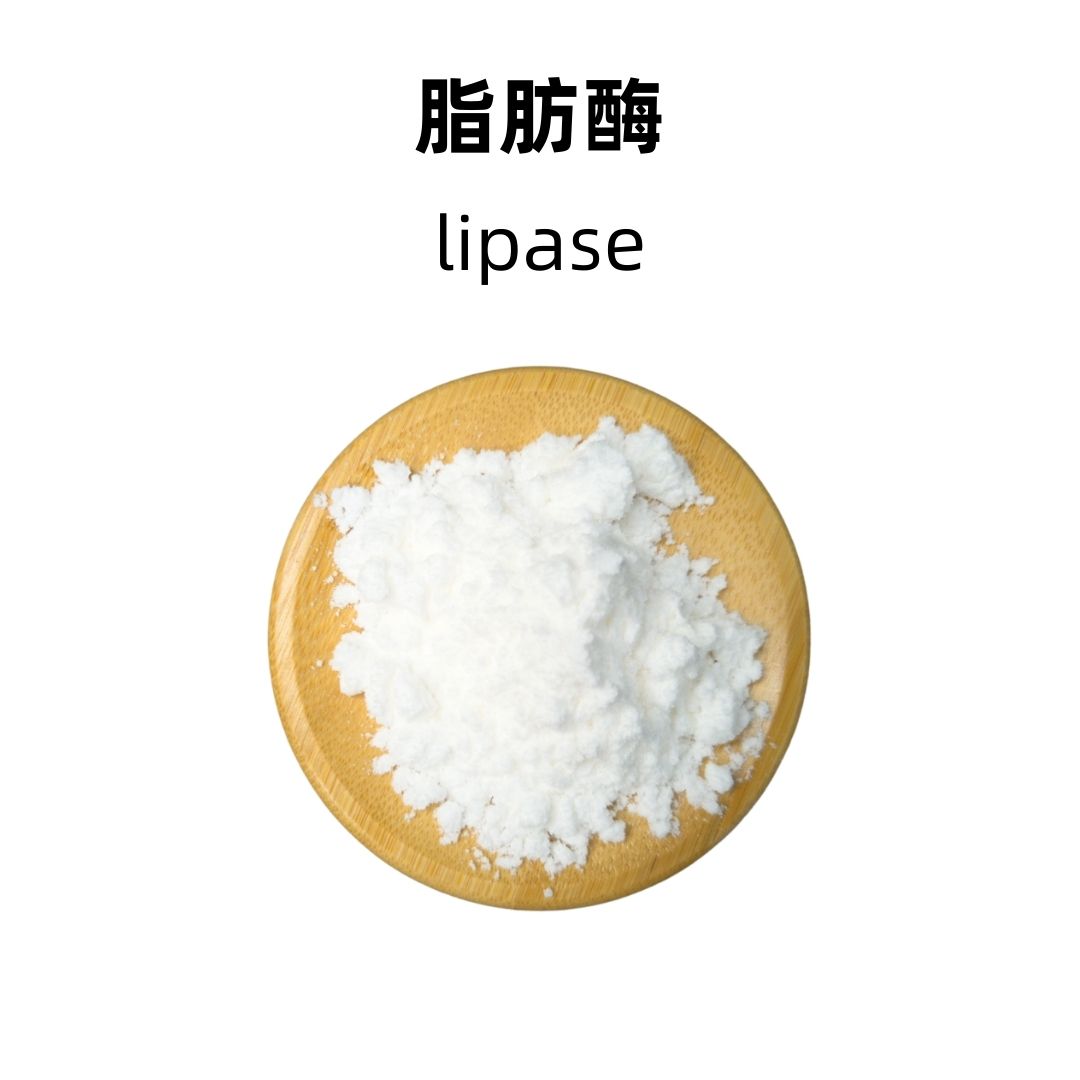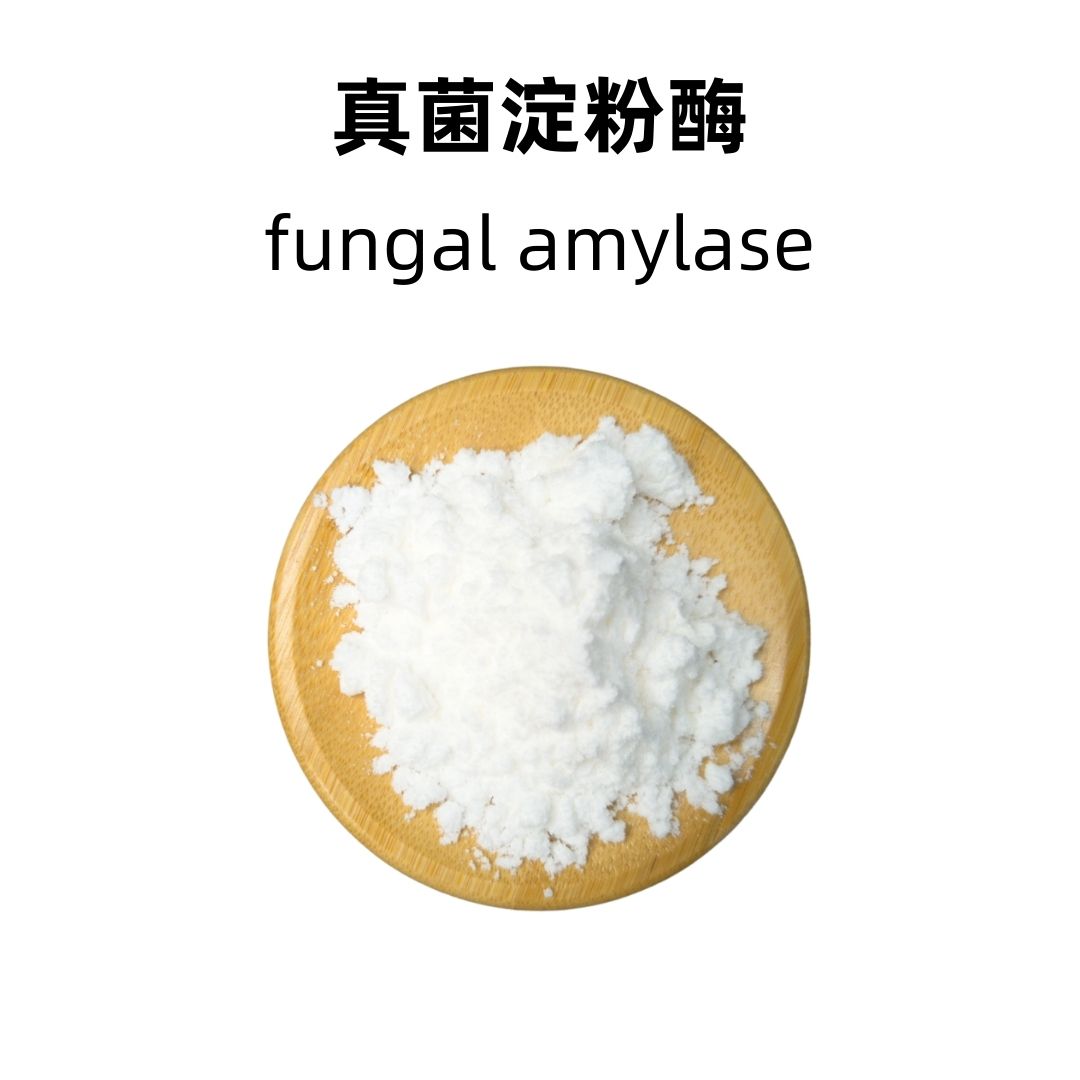Product Introduction
Alkaline protease is a type of enzyme that breaks down proteins into smaller peptides or amino acids. It functions best in alkaline environments, making it advantageous for several industrial applications, particularly in areas where traditional acid proteases may not perform effectively. The enzyme is derived from microbial sources, ensuring a consistent supply and quality.
Production Process
The production of alkaline protease involves fermentation processes using specific microorganisms, such as bacteria and fungi. These organisms are cultivated in controlled environments to optimize enzyme yield. After fermentation, the alkaline protease is extracted through various purification processes, including filtration and precipitation. The final product is often lyophilized to improve stability and ease of storage.
Effects and Functions
Alkaline protease has several important functions. It helps in the digestion of protein sources, enhancing nutrient absorption in animal feed. In the food industry, it is used for meat tenderization and improving product texture. Additionally, alkaline protease can assist in breaking down protein stains in cleaning products. This versatility makes it valuable across multiple sectors.
Application Scenarios
In the food processing industry, alkaline protease is commonly used to tenderize meats, assist in cheese production, and enhance fermentation. In animal nutrition, it is applied to improve protein digestibility in feed formulations, promoting better growth in livestock. The cleaning industry uses alkaline protease in detergents to effectively remove protein stains, a common challenge in both commercial and domestic settings.
Packaging and Storage
Storage Conditions: The product should be sealed, protected from light, kept away from high temperatures, and stored in a dry, cool, and well-ventilated place.
Packaging: Bulk: 25 kg per fiber drum. Sample: 1 kg per aluminum foil bag. Custom packaging is available upon request.
Shipping Methods: FedEx, DHL, dedicated logistics, and sea freight consolidation.
Shelf Life: Two years.
Monica Sun possesses extensive technical expertise and market insights in the food additives industry. She excels in designing efficient and safe additive formulations tailored to various food applications, ranging from sweeteners to functional dietary fibers. Monica has successfully assisted food manufacturers in optimizing ingredient combinations to enhance product quality and improve consumer satisfaction.









